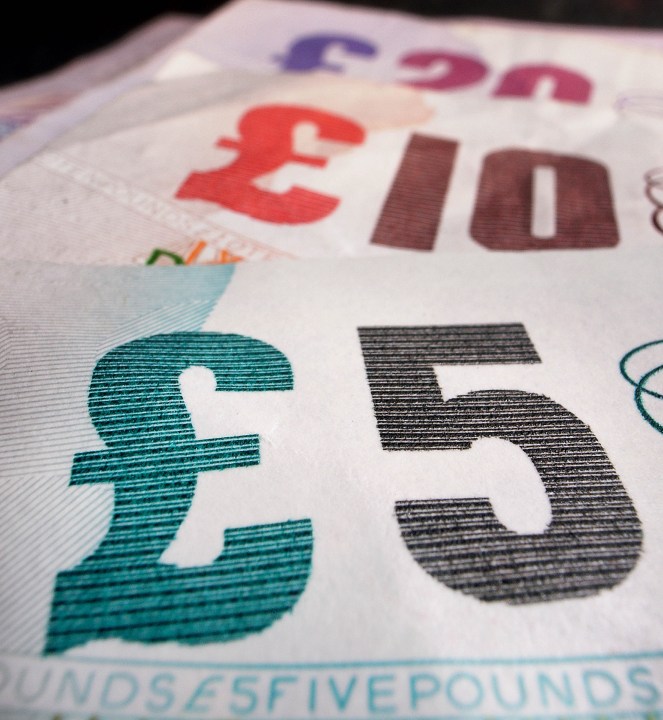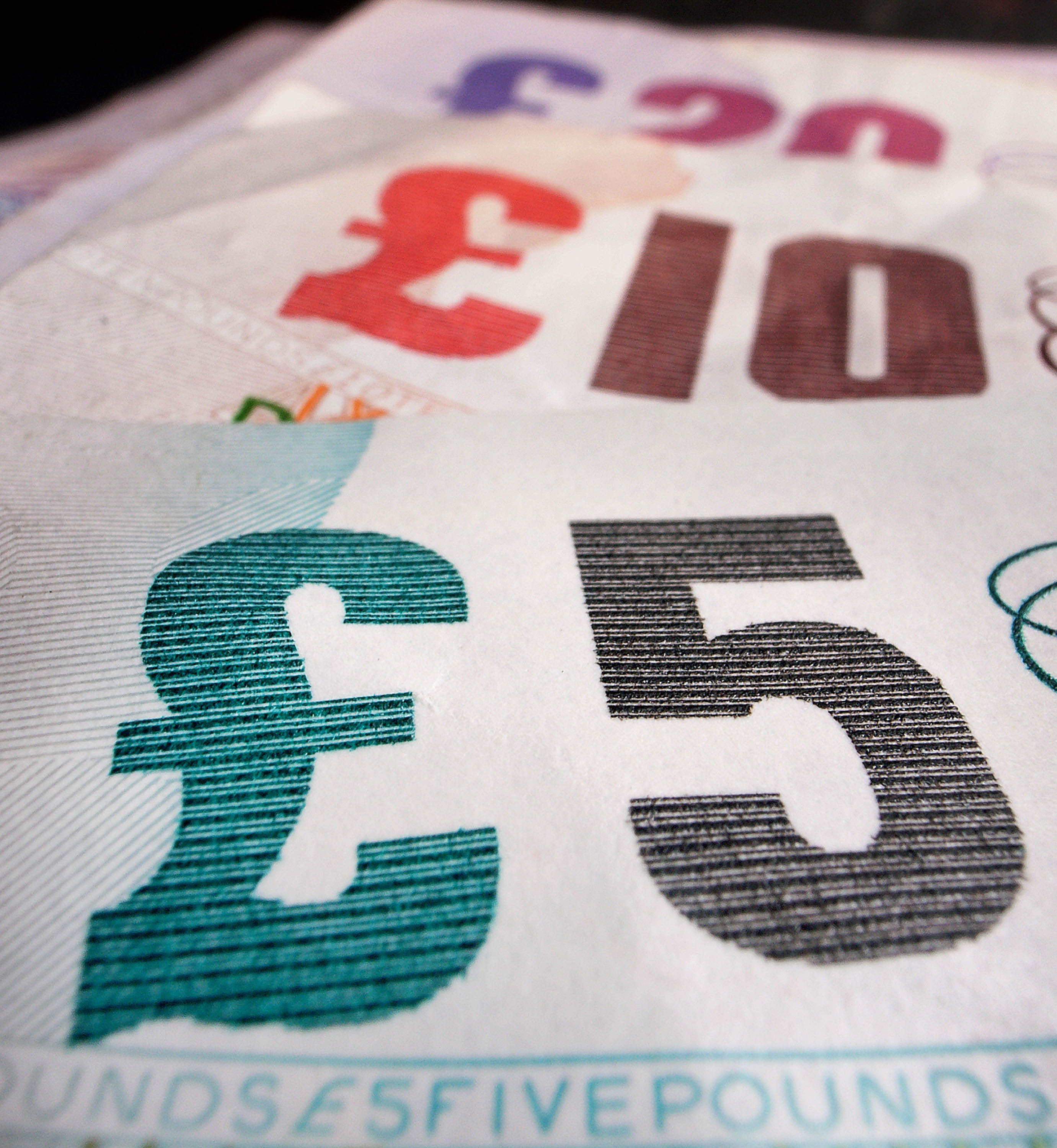 Two analyses of the economy today, one fanciful and one spot-on. Gordon Brown says
Two analyses of the economy today, one fanciful and one spot-on. Gordon Brown says
Why is he confident? The cure for this will require the precise opposite to his policies – and this is what he shows no sign of beginning to grasp. The UK economy has buckled under the weight of the debt Brown has rung up. The speech of recovery will be dictated by how debt-burdened countries are going into recession. Britain starts – starts – with a 3% deficit, and this may become a 7% deficit by 2010. More Brownite policies could take us back to IMF bailout territory of the 1970s.“I am confident that we can get through these difficult times and meet these challenges a stronger, more secure and fairer country then ever before.”
George Osborne strikes precisely the right note in his Guardian interview today. Brown’s legacy narrows options for the Conservatives and does indeed, as Osborne says, place them in the “straightjacket”. Tim Montgomerie had the welcome news yesterday that Osborne will not promise to match the next Brown spending proposals. Welcome, but inevitable – his mission, as he realises, will be to try and fix the broken economy as well as the broken society. There is only one way to do this, and that’s massive expenditure reform. It will be an economic rescue.
By 2010, the need for this will be even more apparent than it is now. House prices are now falling at 20% on an annualised basis (by the last six month’s data) – the sharpest decline since the Great Depression. Brown’s Bubble was based on borrowed cash, which is why he’s desperate to reflate house prices even though they have far to fall before they hit their long-term average. It’s entirely possible that Brown will make the situation even worse, using today’s US news to pour billions of taxpayers’ cash into reviving the housing bubble so it can come back and spew more borrowed cash into the economy in time for him to win an election. Borrowed cash is Brown’s opium, always has been, and he’s desperate for another fix. The housing bubble is his dealer, and he’s desperate to bring it back.
There’s word that Mervyn King may quit as Bank of England Governor rather than see Brown behave in this way, but remember there is nothing Brown would not do to save his own skin. His capacity to damage our economy and saddle our children with debt is, alas, not exhausted yet.
Remember, Brown’s specialty is debt concealment. He says debt is below 40% of GDP but this is no longer the full story. Add the PFI deals and public sector pension liabilities and even the Institute for Fiscal Studies reckons debt is more than 100% of GDP. That’s why serious economists are comparing Britain today to Japan in 1990. Japan is still recovering.
Brown can use smoke, mirrors and optimistic rhetoric but it no longer clouds what the international markets see all too well. The run on the pound is the result. Brown has again proved the most reliable rule in British politics: not that all political careers may end in failure, but that all Labour governments end in monster-sized financial crises. We are still only beginning to understand the dynamics of the problem he has left us with. Economically, it’s the difference between peacetime and wartime. Osborne will, economically speaking, be a war leader. And unlike Brown, he knows it.
P.S. It’s worth putting the debt figures here. The Treasury admits to £542bn of net debt (as of Jul08) which it says is 37.3% of GDP. But, as Jimmy Cricket said, there’s more. The IFS gives figures in its indispensable Green Budget 2008. The PFI debt is £110bn (as of Nov07) – ie, 8% of GDP. Public sector is £725bn minimum (ie, army, Whitehall, teachers, police and NHS schemes without counting the others) so minimum 56% of GDP. This all adds up to a black hole at least 100% of GDP. Yes Italy has bad government debt too – but Italy doesn’t have the UK’s horrific household debt. All told, the UK government may bail out Northern Rock but there is no one to bail out the UK government.








Comments